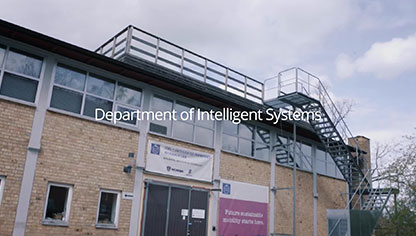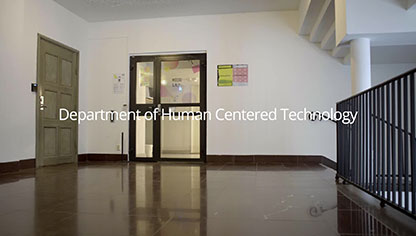Electrical Engineering and Computer Science
The School of Electrical Engineering and Computer Science performs research on fundamental and applied level that solves societal challenges. The research is performed with scientific excellence and often in partnership with society

The School of Electrical Engineering and Computer Science conducts world-leading research within its field. The research contributes to future solutions in theoretical computer science, applied computer science, robotics, medical science, nanoelectronics, smart grids, intelligent transport systems, secure infrastructure, computer systems, photonics, computational biology, media technology, and interaction design, as well as speech and musical communication.
KTH’s research within electrical engineering and computer science is internationally prominent and reaches high rankings within its field. It is the combination of different approaches and methods and a thorough knowledge of the core subject that makes it possible to lead the way in the field.
For further information, visit the school's website: Research at the School of Electrical Engineering and Computer Science
Research areas
The research is conducted at 16 divisions, each dedicated to a certain area and divided into four departments. Together they cover all aspects of the fields of electrical engineering and computer science.
Departments
Divisions
- Communication systems
- Computational science and technology
- Decision and control systems
- Electric power and energy systems
- Electromagnetic Engineering and Fusion Science
- Electronics and embedded systems
- Information science and engineering
- Media technology and interaction design
- Micro and nanosystems
- Network and systems engineering
- Robotics, perception, and learning
- Software and computer system
- Speech, music and hearing
- Theoretical computer science
Research centres
There are several research centres connected to the school.




